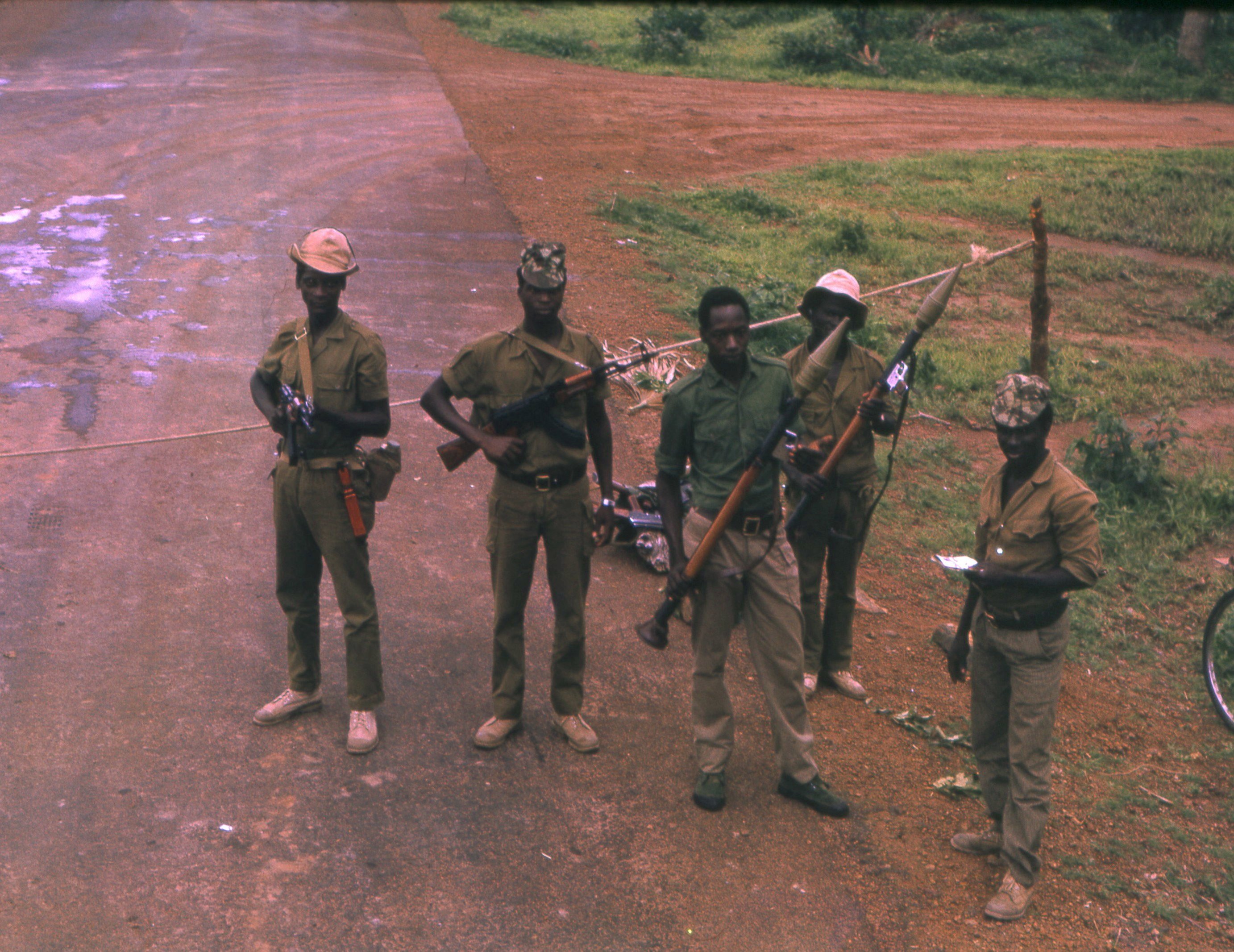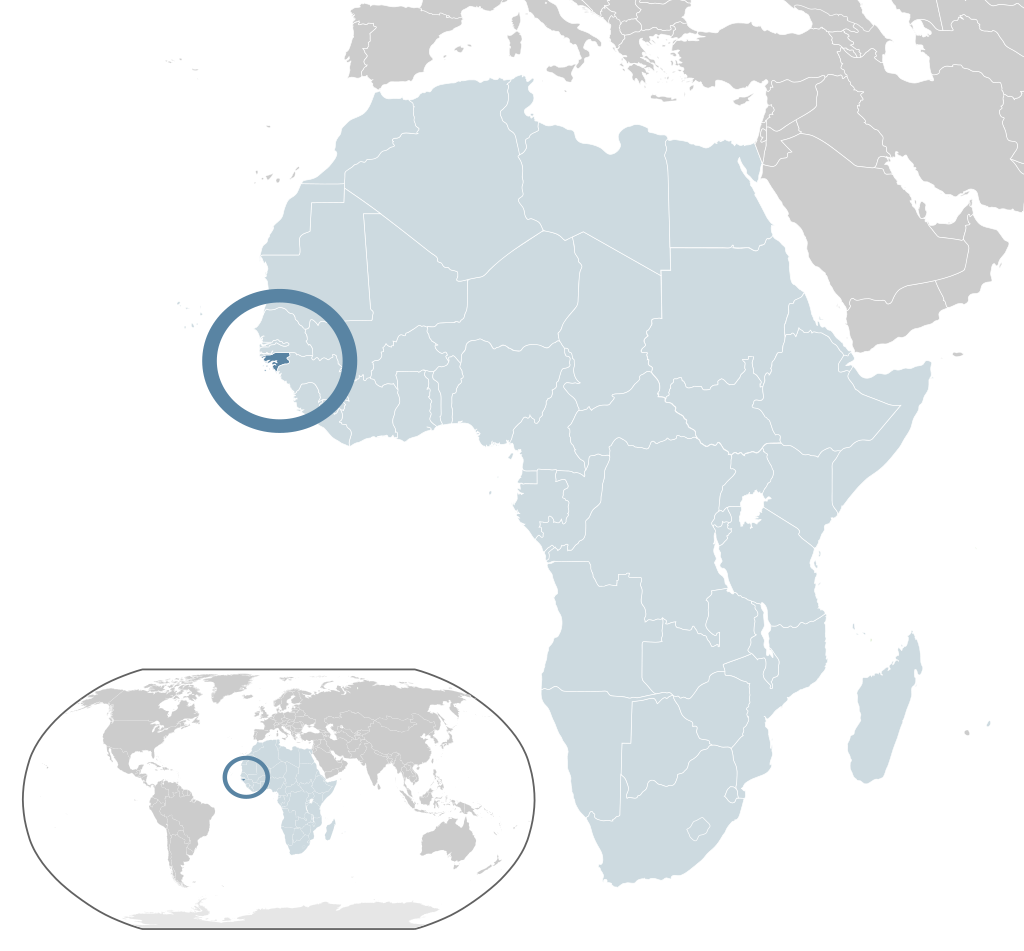The Guinea-Bissau War of Independence (1963-1974)

A few PAIGC soldiers at a checkpoint in 1974. (Public Domain photo. Info can be found here)
This area was unique during the Portuguese Colonial Wars because it was one of the first places that had been colonized by them as a trading port for slavery (1446). Interestingly, this country was also the poorest and least developed country the Portuguese controlled in Africa. The rebel party that started the movement was the African Party for Independence of Guinea and Cape Verde (PAIGC). The PAIGC started with a dock workers strike in the hopes of improving the salaries of the workers on the docks. The police responded with extreme violence in the Pigiguiti Massacre (1959) in which 50 people were killed. This extreme overreaction led the rebels to move away from non-violence, as was the case in many places at this time.
PAIGC started to embrace guerrilla attacks all over the country and the Portuguese decided to try to win the hearts and minds of the people by building schools, roads, and more in the hopes that this would take the support of the people away from PAIGC. This tactic worked for a while, but wasn’t finishing the job, so the government decided to scrap it and go on the offensive instead. The Portuguese attacked the rebels both in their country and in neighboring countries who were supporting these rebels. The invasion of Guinea (1970) would be a pretty large failure by the Portuguese since they were only able to get their own POW’s (prisoners of war) back and didn’t stop the training of rebels. Most of the world condemned the Portuguese for their
actions here as the President of Guinea (Ahmed Sékou Touré) became very popular for resisting the invasion.
Due to the international outcry of the invasion by the Portuguese, the UN stepped in to fix the situation here prior to the Carnation Revolution. They would declare independence for Guinea-Bissau and tell Portugal that they had to deal with this. Many historians claim that this was a key to starting the revolution, but we can’t say for sure that this is the most important step that led here. The PAIGC would take over the new government and become just as oppressive as the Portuguese after one of their leaders were killed. Thousands of Africans were put to death for having helped the Portuguese during the war under their reign.

The location of the very small Guinea Bissau. (Public Domain photo. Info can be found here)
